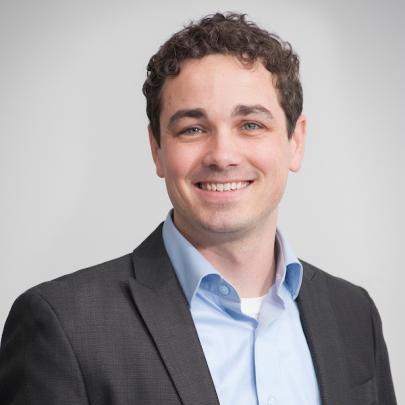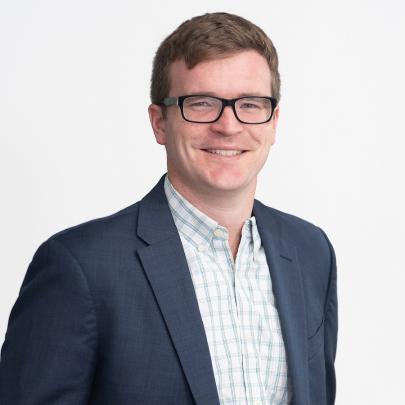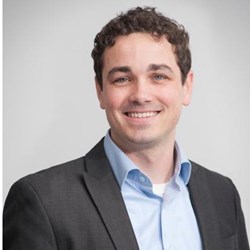Advanced Testing and Simulation of Bonded Structures
On Demand Webinars
An important trend in the adhesives industry is the growing use of finite element analysis (FEA) by end users to design bonded structures. This trend is driven by the fact that FEA is generally faster than physical prototyping and testing. However, a big challenge faced by engineers is that adhesive materials often have complex mechanical behavior that can be tricky to capture in a simulation. In this webinar, we will discuss how the adhesives industry can better support design engineers working with adhesives. We will share methods for characterizing the mechanical behavior of adhesive materials and adhesive joints to best take advantage of FEA. We will identify different strategies for modeling adhesive joints, and the pros and cons of each. Finally, we will discuss how adhesive suppliers can support customers in their FEA efforts.
Objectives:
- How adhesive suppliers can enable customers to more accurately use finite element analysis (FEA) to design bonded structures
- The pros and cons of different approaches to modeling adhesive joints
- How to employ different adhesive modeling strategies to effectively improve products
Agenda:
- The trend of increasing FEA in product design
- What makes FEA of adhesives tricky?
- Material model calibration for adhesives overview
- Linear viscoelastic models for vibration or acoustic simulations
- Advanced continuum models for adhesive materials
- Cohesive zone models for adhesive joints: when failure is an option
SPEAKERS
Mark S. Oliver, Ph.D., Principal
Veryst Engineering

Dr. Mark Oliver is a Principal at Veryst Engineering. Dr. Oliver has expertise in the materials science, solid mechanics, and failure analysis of metals, polymers, fiber-reinforced composites, adhesives, and additively manufactured materials. He is experienced in chemical and microstructural characterization, mechanical testing, and finite element analysis, applying his knowledge to issues of materials selection, mechanical design, and root cause determination of material failures.
Topics that Dr. Oliver has researched include polymer mechanical behavior, fatigue crack growth in metals, delamination in adhesive joints and composite laminates, deformation and failure of additively manufactured polymers, atomistic modeling of glasses, and environmentally-assisted cracking.
Prior to joining Veryst Engineering, Dr. Oliver was an Associate Research Scientist at The Dow Chemical Company. He has taught a graduate-level course on defects in solids at Stanford University and managed the Scanning Probe Microscopy lab at the Stanford Nanocharacterization Laboratory.
Scott C. Grindy, Ph.D., Lead Engineer
Veryst Engineering

Dr. Scott Grindy is a Lead Engineer at Veryst Engineering. Dr. Grindy’s expertise is in the design of functional polymeric materials through materials chemistry and structure. He has worked extensively with polymeric materials such as soft hydrogels, thermoplastics, photo-curing systems, and biodegradable polymers. Dr. Grindy has experience using both mechanical characterization such as DMA (dynamic mechanical analysis) and rheology and analytical methods such as FTIR (Fourier-transform infrared spectroscopy), DSC (differential scanning calorimetry), and HPLC (high-performance liquid chromatography) to analyze materials in areas such as drug delivery, implantable biomedical devices, adhesives, and consumer products to understand how material structure and chemistry drives performance.
Prior to joining Veryst, Dr. Grindy was a Postdoctoral Research Fellow in the Harris Orthopaedics Laboratory at Massachusetts General Hospital and Harvard Medical School. In the Harris Lab, Dr. Grindy focused on the design of the next-generation ultra-high molecular weight polyethylene used as the articulation bearing surface in hip and knee replacement surgeries. He has also worked on topics as varied as the analysis of nickel superalloy aircraft engine materials, method development for high-throughput quantum mechanical calculations, and analysis of biofilm disruption.

